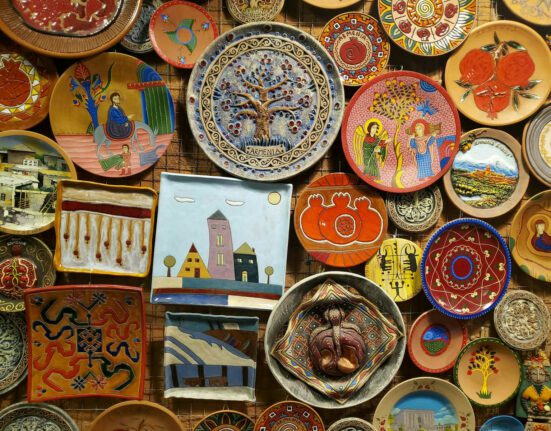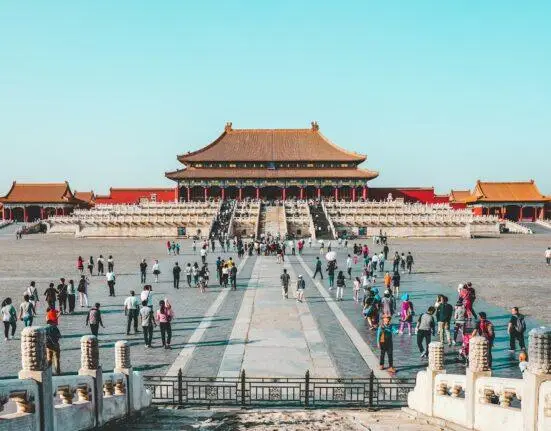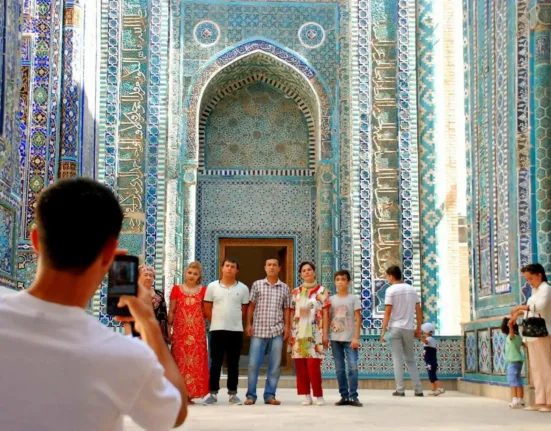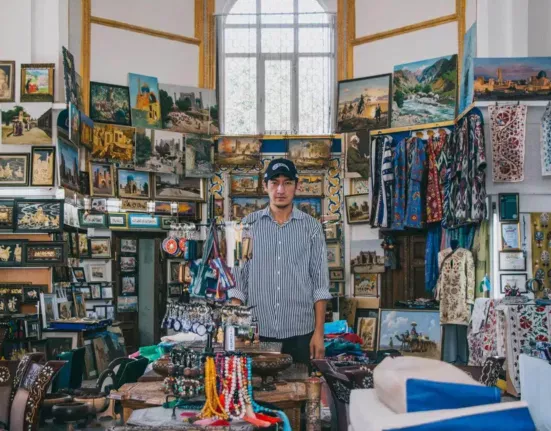Summary. This article discusses the cost of travel to the African nation of Guinea. It looks at the most common expense categories, such as transportation and accommodation, and provides median prices for each. It also compares the cost of traveling to some of the neighboring countries. Finally, it provides tips for keeping costs low and making the most out of a visit to Guinea.
Are you planning to embark on an African adventure and visit Guinea soon? The Average Cost Of Travel To Guinea is a popular topic of conversation and one that should factor in to your planning and budgeting. From plane tickets, to visas, to accommodation to food, it’s important to understand how much it’ll cost you to go, and what you can expect along the way. Are you wondering how much a typical traveling experience to Guinea would cost? What are the prices of food and accommodation? How much is a plane ticket from the United States to Conakry? What’s the best way to get around?
We’ll examine different scenarios, from budget-friendly trips to moderately-priced adventures. And the best part is, we’ll be exploring the costs without breaking the bank! Let’s get started! Firstly, let’s look at plane tickets. Depending on where you’re flying from and the time of year, you can expect to pay between $500 and $1500 USD for a round trip ticket to Conakry, the capital of Guinea.
You can expect to pay around $650 to $800. Flights from the U. K. tend to cost around £400 to £700. Next, let’s look at visas and other important paperwork. A valid visa will set you back $80 to $130, depending on the type of visa you apply for. You’ll also need to factor in passport and border documents, which can cost around $20 to $40.
Average Cost Of Travel To Guinea
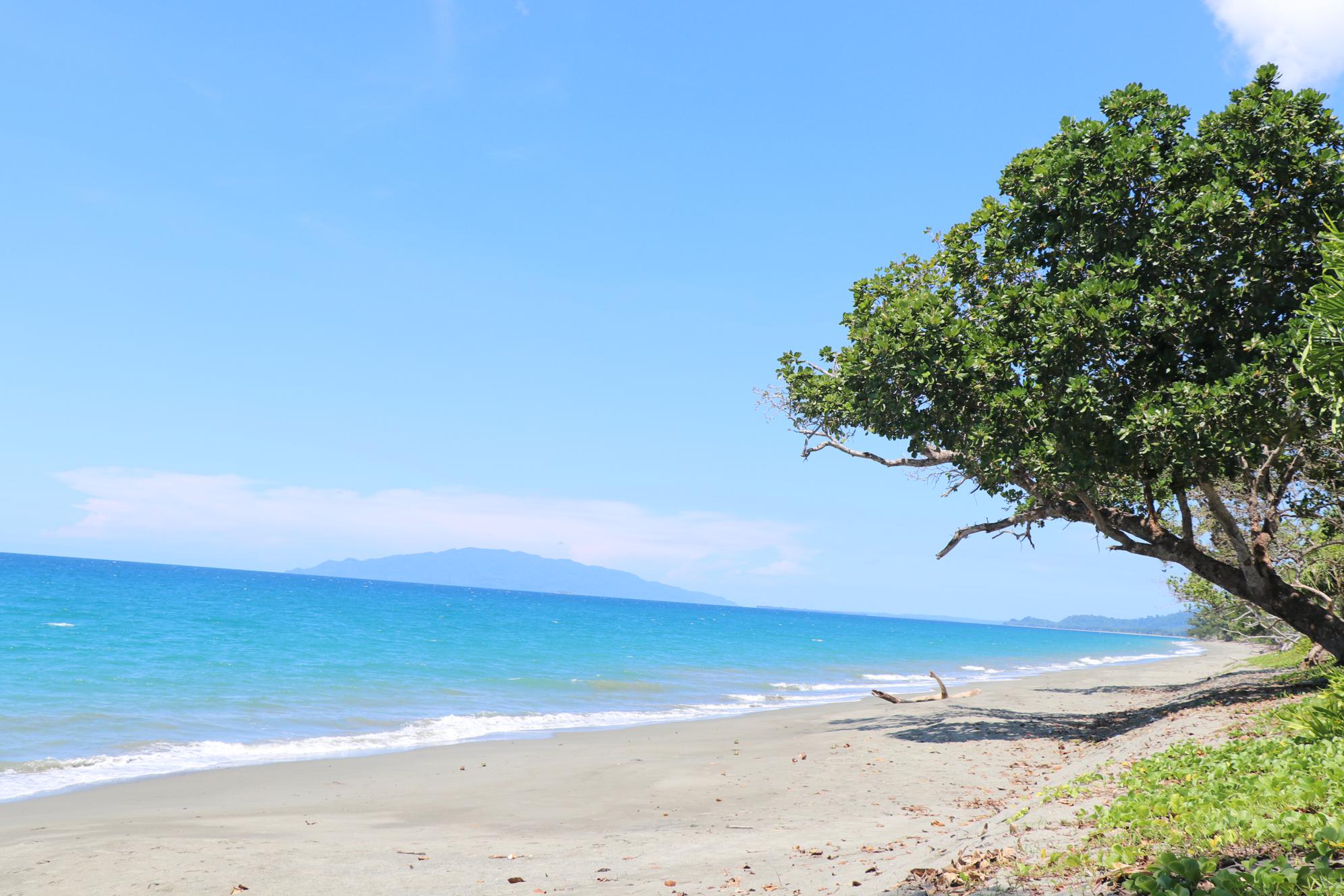
Traveling to Guinea can be an exciting and affordable experience. While there are some variables in how much you’ll spend, the average cost of travel to Guinea is surprisingly low. With careful planning and budgeting, you can spend a relaxing and fulfilling vacation in the beautiful West African country. When planning your trip to Guinea, begin by considering what type of transport you will use. Depending on which region or city you fly into, the price of a flight to Guinea will be different. Considering the size of the country, it might be better value to travel by road instead.
You could also use public transportation like a taxi, a Tro-Tro, or a train to save money on your trip. Accommodation costs for a stay in Guinea will depend on which region you visit. You can save money in Conakry if you stay in a simple local guesthouse. Or, if you want a more upscale place to stay, there are plenty of comfortable hotels that range from mid-range to luxury. You can find something in Guinea that fits your budget, no matter what it is.
With regional dishes such as Domoda and Calalu, and international options such as pizza and Indian, you are sure to find something to suit your tastes. The best way to save money and still have a real Guinean experience is to eat street food. For attractions, there is no shortage of historical sites and stunning landscapes. From the Artisan Bazaar in Conakry to the caves in the Fouta Djallon, attractions range in price, but there are many free or cheap things to do. Overall, the average cost of travel to Guinea will depend on your transportation, accommodation, food, and activities. If you plan your money well, you can have a great time in Guinea and make memories that will last a lifetime.
When To Go To Guinea

There are plenty of excellent reasons to plan a trip to Guinea and, with its big cities and remote villages, there’s something for everyone. With its diverse culture, captivating landscapes and friendly locals, this unique African country is home to some of the most extraordinary travel experiences. Guinea has a tropical climate, which makes it a great place to visit any time of the year. Temperatures are lower from December to February and July to September, and it rains a little more. During the period from February to June, you can expect dry and hot weather, while from October to December is the wet season but more comfortable temperatures.
The airfare from the US to Guinea often costs around a thousand dollars for a return flight. The cost of your accommodations and transportation will depend on your choice – there are plenty of hostels and budget hotels in the cities, or you can rent a car or take a bus if you’re travelling to the villages. Shopping in Guinea is a great way to find unique souvenirs and it won’t break the bank. Bargaining is part of the culture, so don’t be afraid to negotiate the prices.
To really get the most out of your time in Guinea, plan yourself a guided tour. Not only will this give you the peace of mind of knowing that all the details and logistics are taken care of, but the knowledgeable guides will provide you with lots of information on the culture, history and interesting cultural practices you’ll encounter. Plus, it’s an excellent way to get to know the locals and gain unique insights into traditional ways of life.
Accommodation Budget In Guinea
Travelling to Guinea can be a fantastic experience, but accommodation costs can be an important factor in deciding how long you can afford to stay in the country. Many budget-minded travellers don’t want to sacrifice comfort for price, so understanding the cost of accommodation is an important part of planning their trip. On average, most people will spend around 50 euros per night for a double occupancy room. There are hotels in the middle price range and simple bed and breakfasts. For those looking for something a bit more affordable and private, hostels provide a great option.
Airbnb is also an option to consider, offering both private and shared rooms. You can get a basic private room with a variety of amenities for about $30 per night, depending on the listing. It’s important to keep in mind that not all listings in Guinea accept credit cards, so you’ll want to check for restrictions or availability before booking. It’s also worth noting that certain provinces will have higher costs of living and therefore higher prices for hotels.
Overall, it’s surprising how cheap it is to go to Guinea. There are plenty of great options for budget-minded travellers and those looking for more luxurious options. By looking more closely at the different places to stay in the different provinces, you can easily save money and still have a great time in Guinea.
How Much Did You Spend On Food In Guinea?
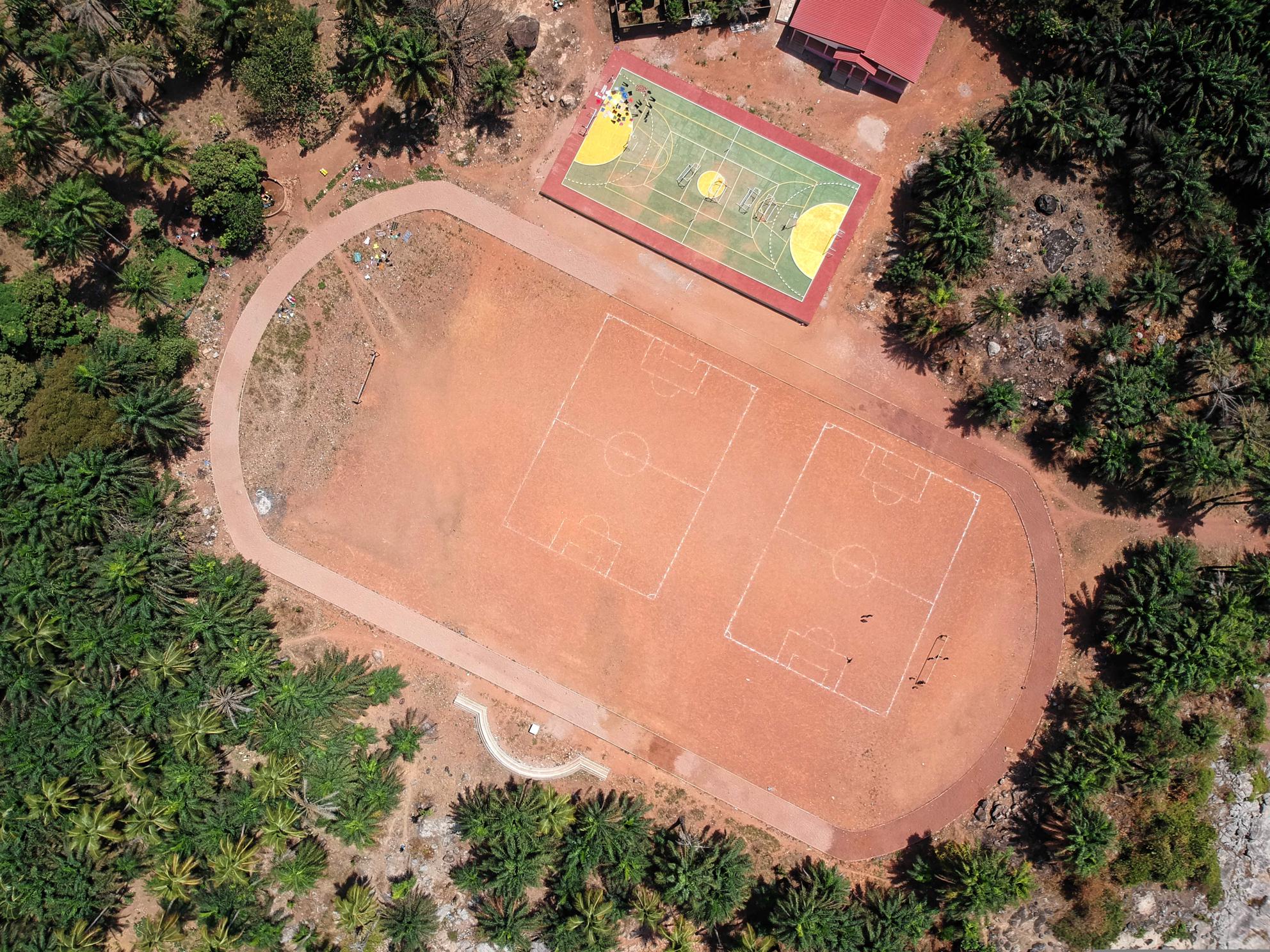
Visiting Guinea can be an exciting, yet expensive experience. With some of the most competitive restaurant prices on the continent, people often overestimate how much they’ll need to budget for food. But just how much did you end up spending on food in Guinea? In Guinea, the average cost of a meal is between 8,000 and 10,000 guinean francs (CFA), which is about $12 to $15 USD. If you are on a tight budget, there is a lot of tasty street food to choose from, and you can get a full meal for just a few dollars.
You can also pick up supplies to make your own meals, or stock your hotel room with snacks, from any one of the local markets. With an abundance of exotic fruits (such as local favorites watermelon, oranges, pineapple and bananas) and vegetables, local cooking spices and sauces, it is easy to find every item you need. Prices here are also some of the cheapest in West Africa, so stocking up can be great way to save money. If you want to eat somewhere nicer, the capital of Guinea, Conakry, has some of the best restaurants in the country.
Most restaurants feature traditional Guinea-style cuisine, but depending on where you go, you could have the opportunity to sample some international options as well. Regardless of where you choose to dine, remember to bring cash with you as most establishments won’t accept cards. It’s worth noting that drinks, bread and desserts often aren’t included in the price of meals in Guinea, so factor this into your budget if you don’t want to be surprised when the bill arrives.
Is Transport Expensive In Guinea?
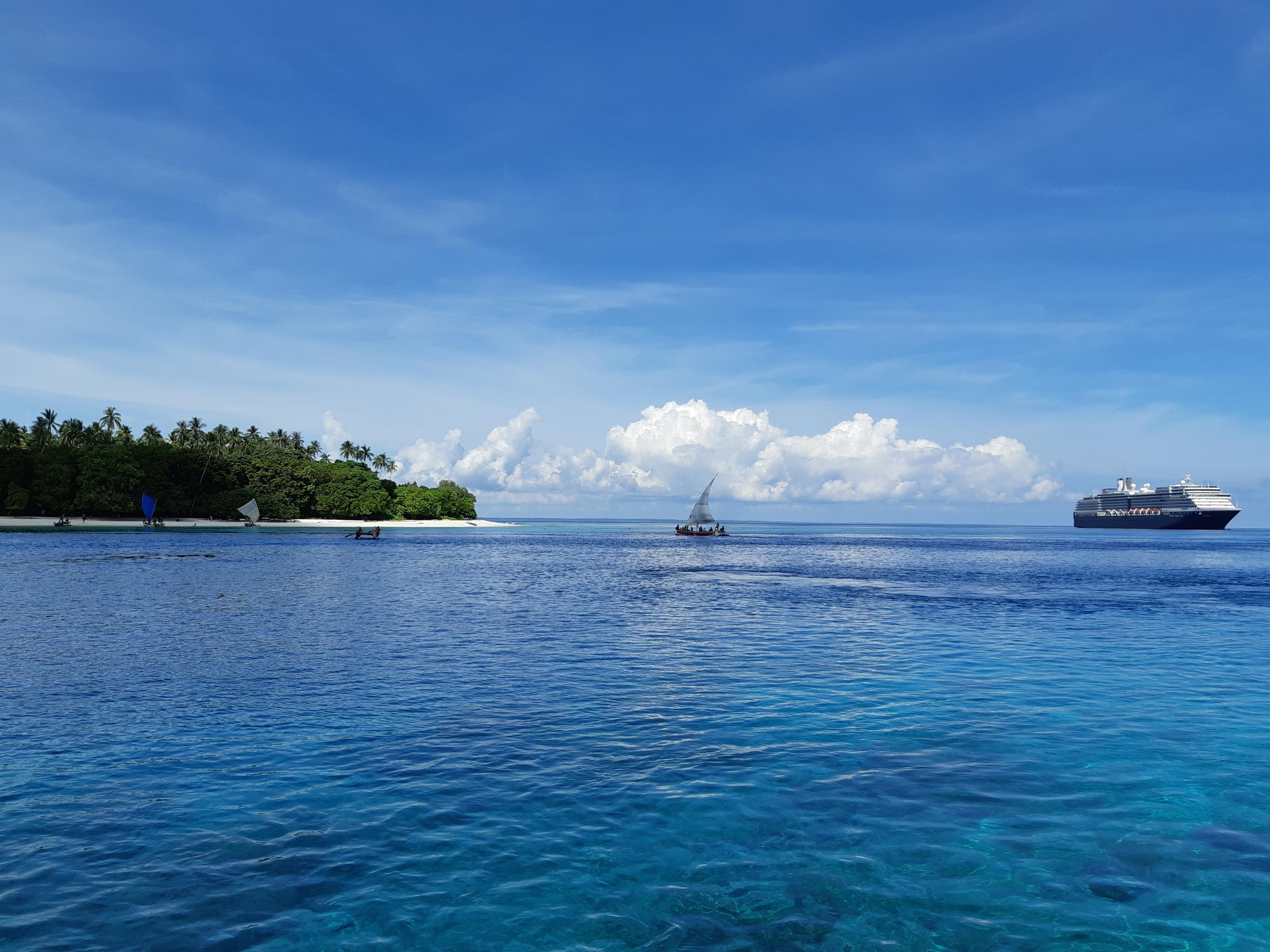
Traveling to Guinea can definitely put a dent in your wallet as transport costs are expensive. Stretching over 245,689 mi², the entire country can cost a high fee to get around. Fortunately, there are various transport options available to visitors – understanding these options and paying attention to prices can help minimize your costs. AirVisitors can travel to Guinea via their nearest airport, Conakry International Airport, which offers flights with Daallo Airlines, Air Cote d’Ivoire, and Air Senegal, to name a few. Flight cost depends on the airline, dates, and season and can range from expensive to relatively affordably priced.
Varying in speed, comfort and cost, buses are a great way to get around the country. For example, a 7-hour journey from Conakry to Kankan can cost about 25,000 Guinean francs for a seat in a regular bus, or 45,000 francs for a seat in a bus-de-luxe. TaxiAnother simple means of transport in the country is by Taxi, whether it’s a regular cab or a private car hire. Prices are definitely more expensive than the bus but they can be relatively inexpensive depending on the journey.
Train Using the more affordable travel option by Rail, visitors may take advantage of Guinea Railway for a 10-20 hour trip from Conakry to Labe and Kankan, respectively. Prices vary from 3,000 to 7,000 francs for a seat in a regular car and 5,000 to 10,000 francs for a seat in a Prime car. BoatsFor a more scenic journey, visitors can also travel by boat. For example, the Pomou and Kindia ferry goes up and down the River Niger to the town of Kindia. Be aware that comfort, arrival times and schedules depend heavily on the weather conditions in the area, and the cost may range from 500 to 3,000 francs.
Additional Travel Costs In Guinea
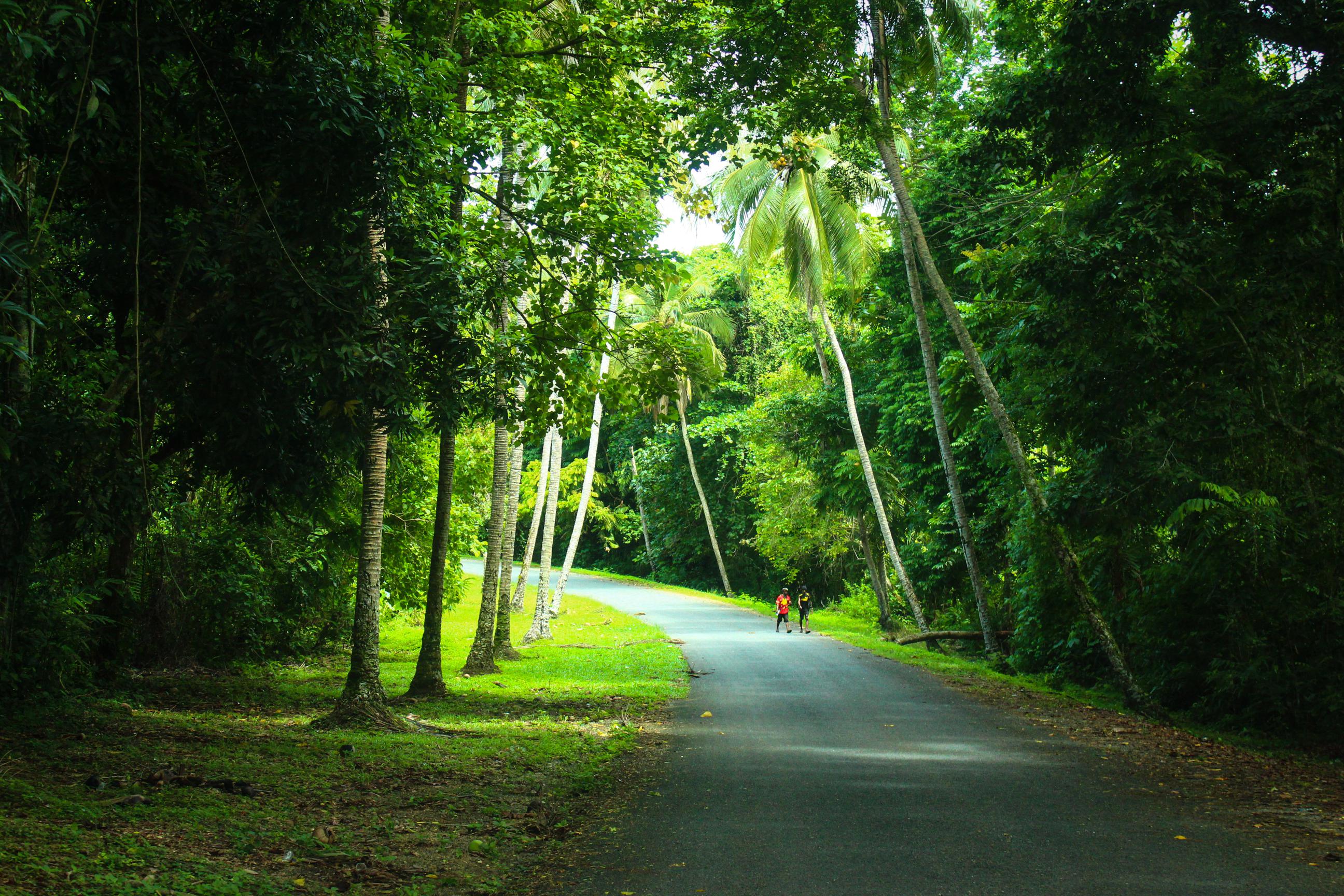
Traveling to Guinea is a great way to experience the culture and see all the natural beauty it has to offer. However, before you go, it’s important to be aware that there are various additional costs associated with traveling to the country that you should budget for. The average cost of travel to Guinea will vary depending on where you fly into and how long you plan to stay, but expect to pay additional fees for visas, health insurance, and transportation. It’s important to research in advance the visa costs associated with entry. Tourists from several countries don’t require a visa, but most do have to have an entry stamp issued at the port of entry.
You also have to factor in health insurance for your travels, as medical costs can be expensive in Guinea. Several private health centers, especially at the major airports, offer a range of excellent services; however, considerable fees are applied for even the most basic treatments. Ensure you are aware all the costs associated with health care travel so that you are financially prepared in case of an unplanned illness. Transportation costs to get around in Guinea can add up, too, especially if you plan on visiting several locations during your stay.
Public transportation like metro and buses exist in the urban areas, but can be unreliable and the safety of their services varies. There are a lot of places to stay on a budget, from hotels with reasonable prices to home stays. Prices vary hugely depending on the location, your budget and trip duration. Ultimately, travel to Guinea can be an affordable experience – with a bit of research and planning, you can find yourself experiencing everything the country has to offer on a budget. Be mindful of all the additional costs associated with your travels and ensure you are financially prepared before setting off.
Currency, Using And Exchanging Money In Guinea
Travelers to Guinea will find that the official currency is the West African CFA Franc. This also applies to six other countries in the region. It is is commonly indicated by the letters XOF, and its value is tied to the Euro, which makes it comparatively more resilient to fluctuations in the currency markets. When arranging long-term stays or sending money to Guinea from abroad, it is advisable to use official transfer services or the services of the Central Bank of West African States. The latter often levies lower fees for transactions than commercial money transfer services.
When exchanging money with a local bank you will need your passport. Some banks may also accept a national ID card or driver’s license as an alternative. You will be asked to provide the full name and address on the document, as well as other details. Once in Guinea, there are a number of places other than banks that offer good exchange rates, notably private moneychangers.
For large sums, it may be prudent to use a bank instead. Professional moneychangers usually only work in cities, so if you are traveling to a remote area, it may be hard for you to change money outside of cities. ATMs are available in large towns and cities, like Kindia and Conakry, but withdrawing money with a foreign debit or credit card may incur heavy charges if the card belongs to an overseas bank. It is therefore wise to check with your own bank before attempting to use these services.
Cheapest Ways Of Getting To Guinea
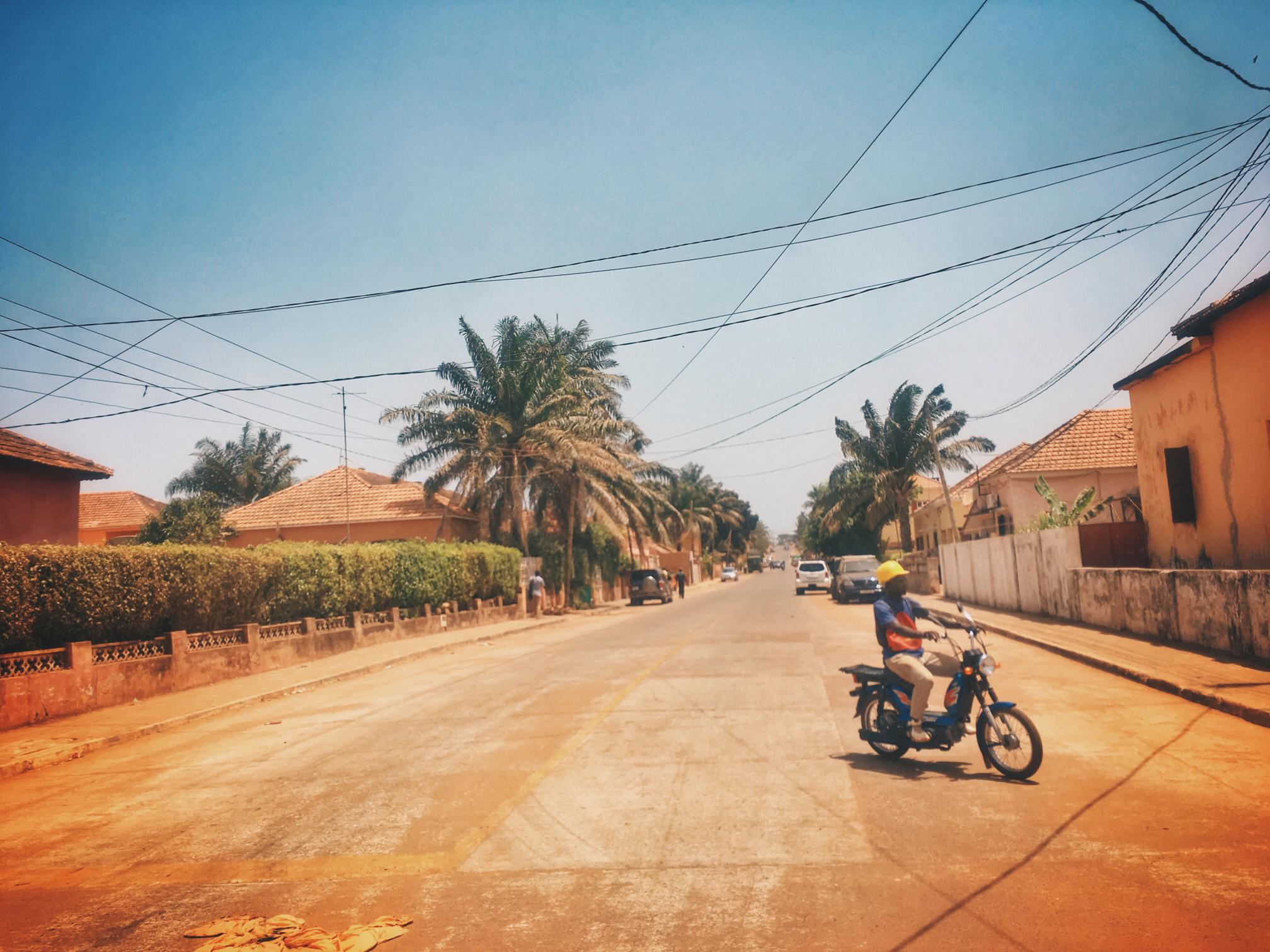
Traveling to Guinea can be an excellent destination for the savvy traveler. Guinea is a wonderful country filled with picturesque landscapes and diverse cultures. It is especially affordable for budget-minded travelers with its low cost of living and low airfare. With a little bit of planning, it is easy to find the cheapest ways to get to Guinea. One of the most economical ways to get to Guinea is by air. There are several airlines that fly to Guinea, but buying a round-trip ticket is the best way to save money. This will typically cost less than booking two individual one-way tickets.
Flying into the larger cities of Conakry, Kankan, or Nzerekore, will often be less expensive than flying into smaller towns. If you like the adventure of a road trip, you can use public buses to get around Guinea. Local buses are comfortable and usually much cheaper than flying. It is possible to purchase a round-trip ticket on one of the larger buses, but advance booking is not always necessary. For shorter trips, regional buses and tuk-tuks are even less expensive. Remember, though, that regional buses take longer and don’t always follow a regular schedule.
Even though this isn’t always the fastest way to get somewhere, it is often cheaper than other ways to get there. It is possible to buy a ticket for a single trip or round-trip fare, depending on your itinerary. The railway system is slow but reliable and very affordable. Finally, there are other ways to travel in Guinea, such as carpooling or hitchhiking. It is always important to take basic safety precautions when hitchhiking, as it is still a common practice in Guinea. For a bit of money, you can join a carpooling organization that assists in connecting drivers to riders. This is a great way to save money and make new friends along the way.
Find Your Adventure: The Top Must-Do Experiences In Guinea
Bringing It All Together
Are you daydreaming of being in the lush, tropical paradise of Guinea? No wonder why – this dynamic country boasts the amazing diversity of its ethnic groups, a vast array of stunning tourist attractions, and – most importantly – a unique adventure for each and every traveler. With that said, you might be wondering: what’s the average cost of traveling to Guinea? It’s true that traveling to Guinea is not cheap. That being said, it doesn’t mean it’s out of your budget. Depending on what type of traveler you are and how long you plan to stay, you can easily find ways to make travel to Guinea cost-effective. Let’s take a look at some costs associated with international travel to Guinea: Flight tickets: Airfares to Guinea can vary, depending on what city you are flying from, when you are traveling, the length of your stay, the airline, and your preferences. For example, if you’re traveling during the peak season, you may end up paying more for a round trip ticket than if you were to fly during the low season. The average cost to fly round trip to Guinea ranges from $900 – $2,000 USD.
Prices will vary depending on your choice of accommodations and how long you’re staying. You can find beautiful places to stay from as little as $30 USD per night. Another cost-effective option is to rent a room with a local family for about the same amount. Food & beverages: One of the best things about Guinea is its delicious and unique flavors. Meals can be found for as little as $5 USD. Drinks and snacks are also relatively inexpensive. Transportation: Rides from the airport to your destination typically cost around $40-$50 USD. Within the cities, buses, mini-vans and taxis operate at very affordable prices.
In order to make informed decisions, it’s important to research the city and tourist attractions you plan to visit. This will give you a good idea of what to expect in terms of expenses. For example, if you’re on a budget, you can choose to take public transportation instead of a taxi. Another way to keep costs low is to look for inexpensive lodging and meals that are both reasonably priced and quality food. No matter the type of traveler you are, you can make travel to Guinea an incredible, unforgettable experience without breaking the bank. With a little bit of planning and research, you’ll be able to find the perfect balance between cost-effective and life-enriching experiences. What are you waiting for? Start your journey to Guinea today!
Frequently Asked Questions (FAQs)
What is the average cost of travel to Guinea?
The average cost of travel to Guinea depends on various factors such as the time of year, mode of transportation, accommodation, and activities. On average, a round-trip flight to Guinea costs between $700 to $1500, while accommodation can range from $20 to $150 per night depending on the type of accommodation you choose. Additionally, the cost of food and activities can vary depending on your preferences.
What is the best time to travel to Guinea?
The best time to travel to Guinea is during the dry season, which is from November to April. During this time, the weather is pleasant, and it is easier to access various parts of the country. However, if you want to experience the traditional ceremonies and festivals, the best time to visit is during the rainy season, which is from May to October.
What are some must-see attractions in Guinea?
Guinea is a country with a rich cultural heritage and natural beauty. Some of the must-see attractions in Guinea include the Mount Nimba Strict Nature Reserve, the Fouta Djallon highlands, the Kassa Island, and the National Museum of Guinea.
What are the visa requirements for traveling to Guinea?
To enter Guinea, you will need a visa, which can be obtained from a Guinean embassy or consulate in your home country. The visa application process requires a passport with at least six months validity, a completed visa application form, and a recent passport-sized photograph. Additionally, some countries may require a yellow fever vaccination certificate to enter Guinea.
Is Guinea a safe country to travel to?
Guinea is generally a safe country to travel to, but travelers should exercise caution and take necessary safety precautions. It is recommended to avoid areas with political unrest, large gatherings, and demonstrations. Additionally, it is advised to always keep your valuables safe and be aware of your surroundings.
Your Next Adventure Starts Here – Don’t Miss Out!
Everything you need to book, plan, and live your dream trip—right at your fingertips. The best deals and experiences sell out fast, so start exploring now before they’re gone.
Score unbeatable airfare deals with Skyscanner and Expedia. Compare flights worldwide, find hidden discounts, and book in minutes. Lock in your ticket now before prices jump.
Find the perfect place to stay anywhere in the world. Compare prices, read reviews, and book instantly for peace of mind on your travels.
Protect yourself while traveling with comprehensive insurance options. Quick setup, global coverage, and peace of mind wherever you go.
Discover tours, activities, and unforgettable experiences. Book easily online and explore at your own pace.
Get your Revolut card to manage your finances effortlessly while traveling. Instant digital setup, low fees, and worldwide acceptance make spending safe and simple.
Stay connected anywhere with global eSIMs from Airalo. Easy setup and affordable data plans for travelers.
Book local experiences and deals effortlessly with Saily. Save money while discovering unique activities.
Claim compensation for delayed or canceled flights with AirHelp. Quick and hassle-free process for travelers.
Love our content? Support our team in content creation via Buy Me a Coffee. Every contribution helps us deliver better guides, tips, and travel inspiration.




